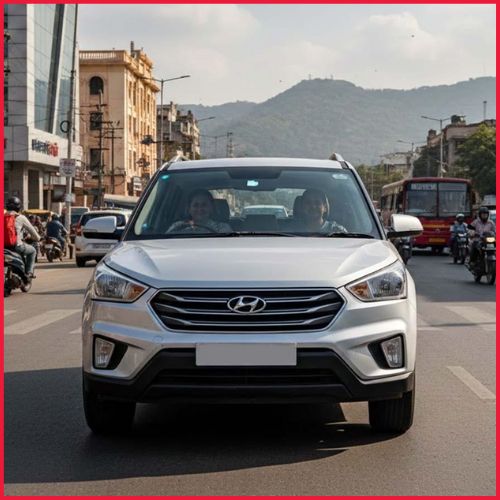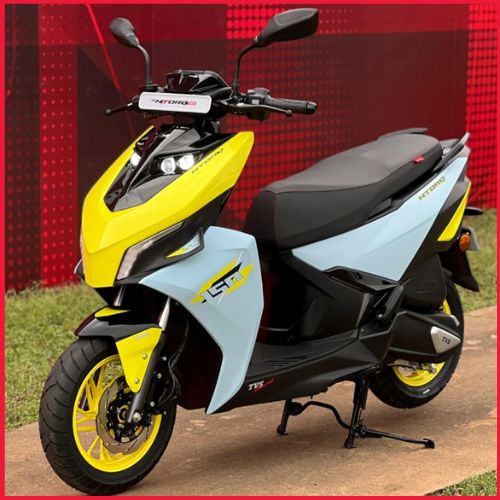Chinese electric vehicle (EV) manufacturers are fast gaining market dominance in Thailand, where they have announced a $1.5 billion investment in new production facilities as part of their ambition to expand abroad in the face of decreasing domestic sales.
Toyota Motor Corporation is a Japanese multinational automaker based in Toyota City, Aichi, Japan. Kiichiro Toyoda started it and incorporated it on August 28, 1937. Toyota is one of the world’s major automakers, manufacturing over 10 million automobiles every year.
Toyota Daihatsu Engineering & Manufacturing senior vice president Pras Ganesh said that its engineers were working on adjusting its electric pickups to local circumstances and increasing EV R&D capability in Thailand, one of Toyota’s five worldwide R&D centers.
The world’s best-selling manufacturer debuted an electric version of its iconic HiLux pickup vehicle last year, but no date for commercial sales has been set.
Toyota’s entry into Thailand would be a new effort to battle increasing Chinese competition after sales of its bz4X electric SUV, which started last year, were eclipsed by competitors such as BYD and Great Wall Motor.
Pick-up trucks are essential to Thailand’s auto industry, accounting for over half of all vehicle sales last year, and Toyota had a 39% market share in the one-ton pickup truck class in the first nine months of this year, according to research company MarkLines.
Toyota is the market leader in all Thai automotive sectors, accounting for 34% of new car sales.
Ganesh said that a limited batch of battery EV pickups would be evaluated for usage as songthaews, pickups that are typically converted for use as taxis in various Southeast Asian nations, in the beach city of Pattaya early next year.
“We will first start looking at public transit,” he told Reuters, adding Toyota is also considering testing other EV pickups for deployments including last-mile delivery services.
According to researchers BMI, EVs accounted for over half of all EV sales in the Southeast Asia area in the second quarter, and are gaining pace in Thailand, where they are expected to account for less than 9% of total vehicle sales this year.
Toyota and its affiliates have spent about $7 billion in Thailand over the previous decade, and the automaker told Reuters in July that it is contemplating developing electric vehicles there.
However, for the current fiscal year, which ends in March 2024, Toyota cut its prediction for worldwide battery EV sales by 39% on Wednesday, owing in part to restricted model choices.















